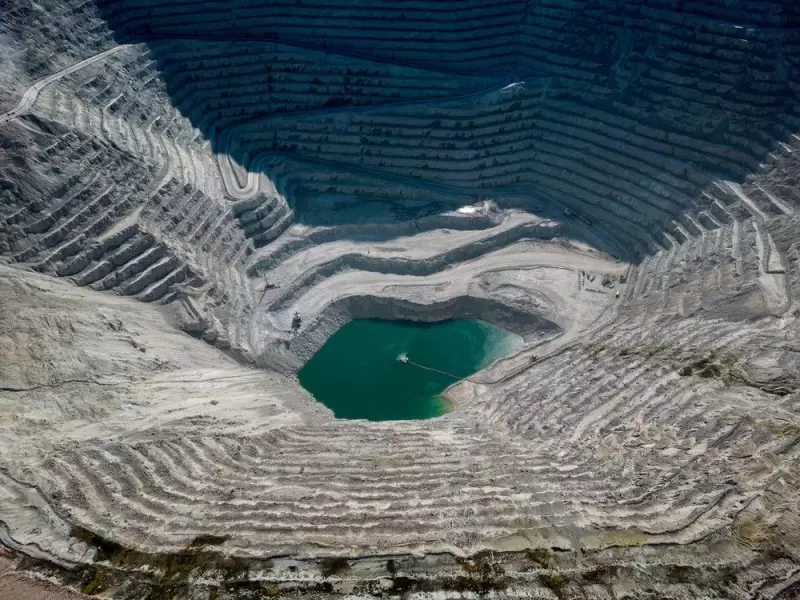
In a strategic move that positions Canada as a key player in the global resources race, the federal government is deploying aggressive measures to counter both American and Chinese dominance in critical minerals. The newly unveiled budget signals Ottawa's determination to transform Canada from a raw materials supplier into a processing powerhouse for the minerals essential to clean technology and national security.
Strategic Response to International Pressure
The budget directly addresses what officials describe as an "urgent need" to secure Canada's position in the critical minerals supply chain. With the United States implementing massive incentives through its Inflation Reduction Act and China maintaining its stronghold on processing capacity, Canadian policymakers are taking decisive action.
"We cannot afford to be left behind in this strategic sector," the budget documents state, emphasizing that critical minerals represent both an economic opportunity and a matter of national security.
Key Budget Measures for Mineral Development
The government is rolling out several targeted initiatives designed to boost domestic processing capacity and attract investment:
- Enhanced tax credits for mineral processing and extraction equipment
- New funding streams for critical minerals infrastructure development
- Streamlined regulatory processes for strategic mining projects
- Partnership funding for research into advanced extraction technologies
Positioning in the North American Context
Analysts see the budget measures as a direct response to the United States' ambitious climate and energy policies, which have created both competitive pressure and partnership opportunities. Canada aims to complement rather than compete with American efforts, creating an integrated North American supply chain that reduces dependency on China.
The strategy acknowledges that while Canada possesses abundant mineral resources, it has historically captured limited value from simply exporting raw materials to other countries for processing.
Economic and Geopolitical Implications
This renewed focus on critical minerals represents a significant shift in Canadian economic policy. By prioritizing minerals like lithium, cobalt, nickel, and rare earth elements, Canada is positioning itself at the center of the global transition to clean energy and advanced technology.
The success of this strategy could determine whether Canada becomes a mere supplier of raw materials or evolves into a value-added processor and manufacturer in the critical minerals ecosystem.
Industry leaders have largely welcomed the measures, though some question whether the scale of investment matches the ambition of competing with established players like China. The coming months will reveal how quickly these policies can translate into concrete projects and processing facilities on Canadian soil.





